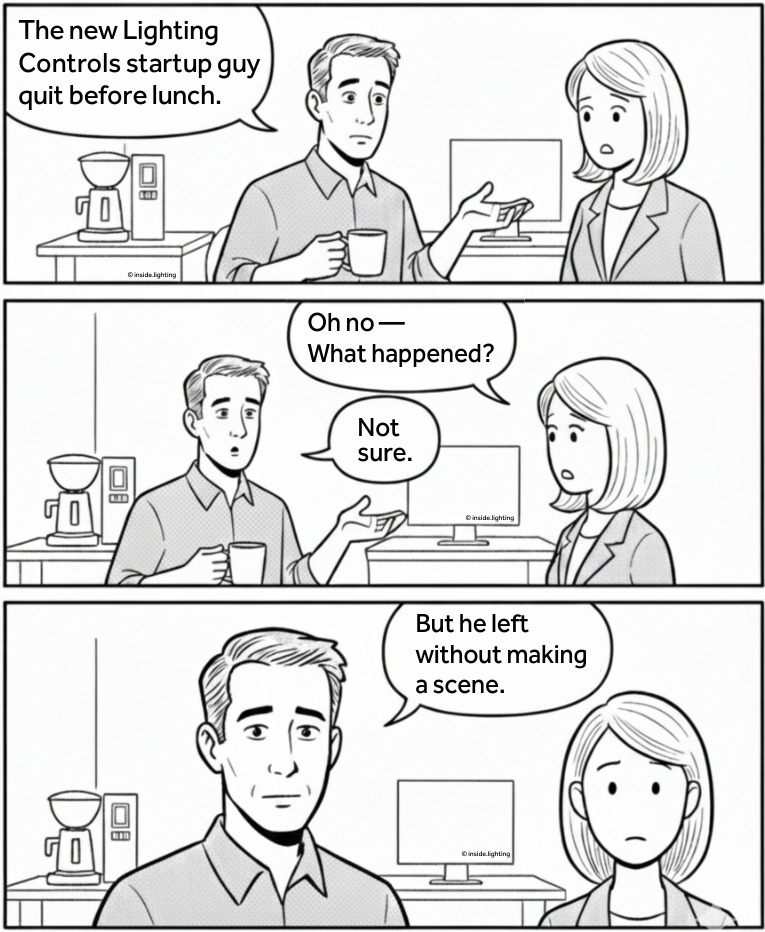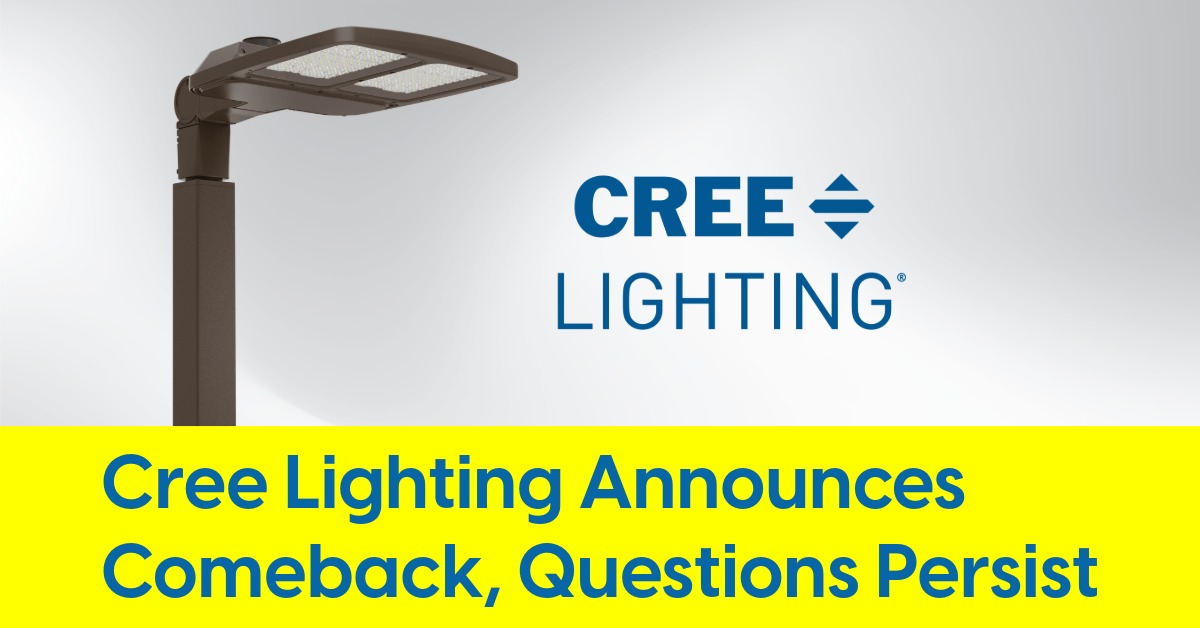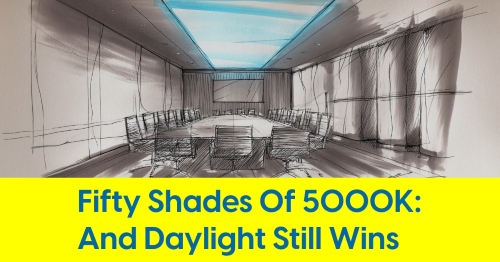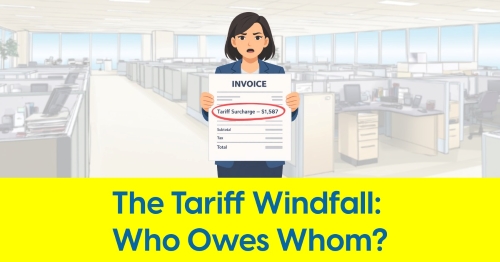November 4, 2024
Signify Sues Smart Lighting Maker for Patent Infringement
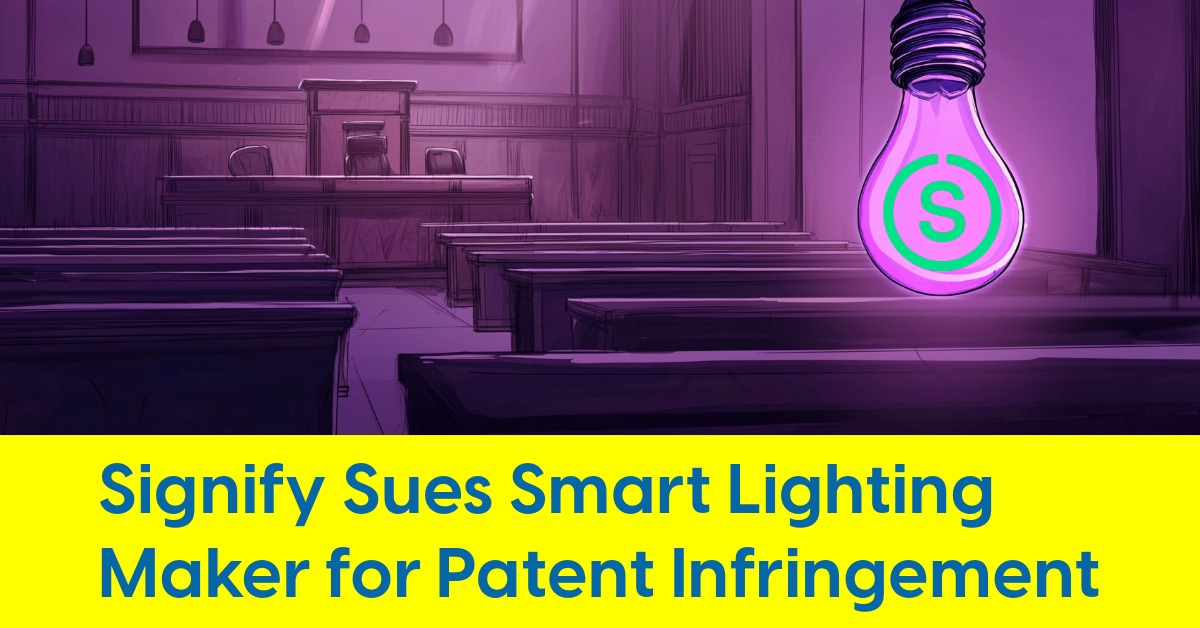
Philips Hue maker asserts Atomi unlawfully uses patented smart lighting technology
Signify, the world’s largest lighting company and owner of the Philips Hue and Wiz brands, has filed a lawsuit against New York-based Atomi Inc., alleging patent infringement related to LED technology in connected lighting products. Filed in the U.S. District Court for the Southern District of New York, the suit claims that Atomi has violated several patents across its line of smart lighting products, which Signify asserts mirror its patented innovations.

Atomi Inc., founded in 1990 and headquartered in New York, is a maker of various consumer electronics offerings, including smart lighting, wireless chargers, dash cams, and other smart home devices. Though its catalog covers a broad spectrum of electronics, Atomi’s smart lighting lineup comprises around a dozen distinct lighting product families. The company claims a focus on user-friendly designs that integrate seamlessly into various home aesthetics. However, it now faces significant claims over alleged unauthorized use of Signify’s patented LED technology.
Atomi products are sold through a range of retailers, including Home Depot, Lowe’s, Amazon, Walmart, and Target, as well as various online platforms and specialty electronics stores across the United States.

Key Patents in Question
Signify is asserting a range of patents aimed at enhancing LED lighting’s performance, usability, and integration with smart home systems. The patents cited in the complaint include advancements in user interface design, lighting device architecture, and smart system synchronization. Below are the primary patents asserted in the lawsuit:
- U.S. Patent No. 7,358,961 - User Interface for Controlling Light Emitting Diodes: Covers a method for LED color control via a touchscreen interface, optimizing spectral output accuracy.
- U.S. Patent No. 8,378,591 - Light Output Device: Describes a light output device allowing independent control of LEDs in a sequence, a design beneficial for applications like LED string lights.
- U.S. Patent No. 8,896,414 - Updating Scenes in Remote Controllers of a Home Control System: Involves synchronizing settings across smart home lighting devices for cohesive scene control.
- U.S. Patent No. 9,184,497 - Lighting Device with Built-in RF Antenna: Specifies a lighting fixture with an integrated RF antenna for wireless communication, enhancing connectivity in LED systems.
- U.S. Patent No. RE49,320 - Lighting Device with Built-in RF Antenna: A reissued patent similar to the 9,184,497 patent, aimed at strengthening the control and communication abilities of connected lighting.
- U.S. Patent No. 7,802,902 - LED Lighting Fixture: Details a design for a fixture housing LEDs with built-in thermal management and driver integration for efficient performance.
- U.S. Patent No. 9,188,318 - Light-emitting Diode Wave Guide Down Light Retrofit Fixtures: Relates to a system for installing LED retrofit fixtures in existing lighting setups, improving flexibility for end-users.
- U.S. Patent No. 9,674,907 - Input Surge Protection Circuit and Method for a Non-Isolated Buck-Boost LED Driver: Involves an LED driver circuit designed to protect against power surges, enhancing product durability.

Allegations and Market Competition
Signify’s complaint highlights that Atomi allegedly infringed on multiple patents knowingly, pointing to various products within Atomi’s smart lighting range, such as smart color bulbs and string lights, which compete directly with Signify's Hue and Wiz products. These products, Signify claims, use technology protected under its patents, allowing Atomi to potentially profit unfairly from Signify’s intellectual property investments.
The lawsuit suggests that Atomi continued to sell the allegedly infringing products even after receiving notifications from Signify regarding patent infringement. These notifications date back to mid-2021 for certain patents and as recently as October 2024 for others. Signify alleges that despite clear notice, Atomi's ongoing sales and distribution efforts reflect a willful infringement strategy, which, if proven, could result in enhanced damages under U.S. patent law.

When contacted for comment a Signify spokesperson shared the following:
"On November 1, 2024, Signify filed a lawsuit against Atomi alleging infringement of eight U.S. patents. The eight Asserted Patents are part of the EnabLED licensing program, under which licenses are available to companies offering products that practice these patented technologies. The Asserted Patents generally relate to different technologies and techniques for LED-based luminaires and retrofit bulbs, including connectivity and control, optics, power management and thermal management. Signify believes that its patents are infringed and valid. Signify respects other companies’ or individuals’ intellectual property in the same way as it expects others to respect Signify’s intellectual property."
For Signify, which touts a record of innovation and global installations, leveraging its patent portfolio remains an important part of its business strategy.
